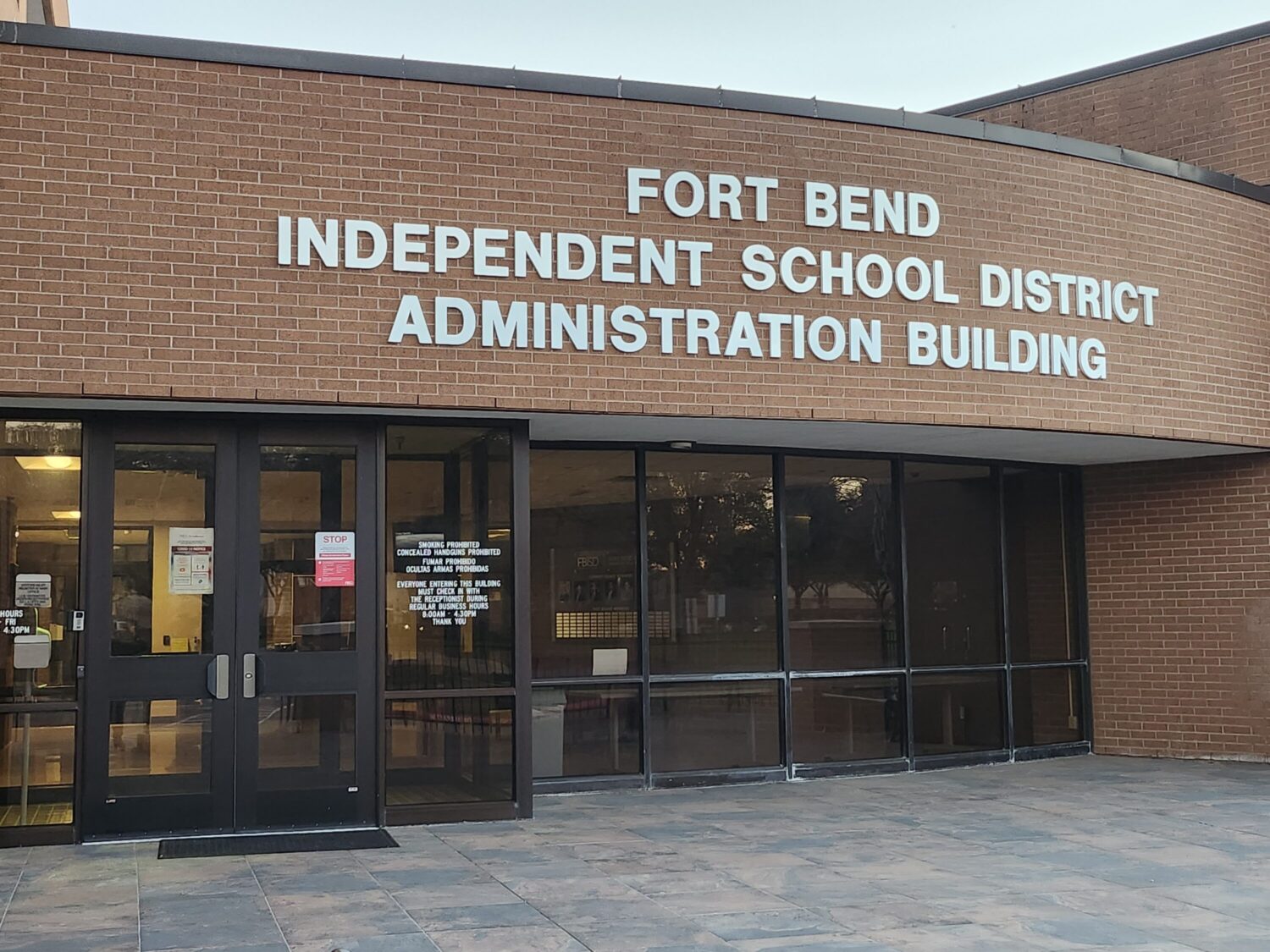Introduction to the Budget Shortfall
Fort Bend ISD is facing a significant budget shortfall of approximately $34.6 million for the 2025-26 school year. This deficit is a result of various factors, including a previous year’s budget shortfall, a deficit in the district’s health benefits fund, and projected costs for new schools and inflation.
Causes of the Deficit
The nearly $35 million shortfall is attributed to several key factors:
- A $16.8 million budget shortfall from the 2024-25 school year.
- A $15 million deficit in the district’s health benefits fund.
- $7.5 million in projected costs for new schools and inflation.
According to Fort Bend ISD CFO Bryan Guinn, "Between the $16.8 million and those additional factors that are being added in for next year, that’s leaving us with a $34.6 million deficit."
Proposed Solutions
To address the budget shortfall, the district is considering a one-time property tax rate increase. This increase would be paired with cuts to various departments and campuses within the district. The proposed property tax rate increase would utilize "disaster pennies," a temporary tax rate increase allowed in response to natural disasters, which does not require voter approval. This measure was granted due to Hurricane Beryl and would only be in effect for one year, aiming to bring in approximately $35.1 million in revenue and help build up the district’s reserves.
Reducing Spending
In addition to the tax rate increase, the district is looking to reduce its spending by about $10.55 million through several measures:
- Eliminating vacant administrative positions.
- Reducing maintenance and operations costs.
- Adjusting campus budgets.
- Saving on software costs.
Impact of State Legislation
The passage of Texas Senate Bill 2, which creates a school voucher-like program allowing families to use state tax dollars for private schools, could potentially impact the district’s finances in the future. Furthermore, if bills allowing for tax rate compression and an additional $40,000 homestead exemption pass, taxpayers might see a reduction in their property tax bills, even with a rate increase from the school district.
Potential Tax Bill Reductions
For instance, if both bills pass the state legislature, a homeowner with a house valued at $429,909 could see a $474 decrease in their annual tax bill. If those bills pass and the district uses the disaster pennies and increases the tax rate, that same homeowner would see a $274 decrease in their yearly property tax bill.
New Revenue from State Funding
Texas House Bill 2, a school funding bill that includes mandated raises for teachers, could add about $30.8 million in new revenue for Fort Bend ISD in the 2025-26 school year, pending its passage and signing into law. This figure includes $17.6 million for raises for teachers and other staff. However, Guinn emphasized that these raises are preliminary and dependent on the actions of the state legislature and the school board, cautioning staff not to consider the raises as guaranteed until finalized.
Conclusion
In summary, Fort Bend ISD is grappling with a significant budget deficit for the upcoming school year. The district is exploring a combination of a one-time property tax rate increase and spending reductions to address the shortfall. The impact of state legislation on school funding and property taxes will also play a crucial role in the district’s financial situation. As the district navigates these challenges, it is essential for stakeholders to stay informed about the evolving financial landscape and its implications for the community.




